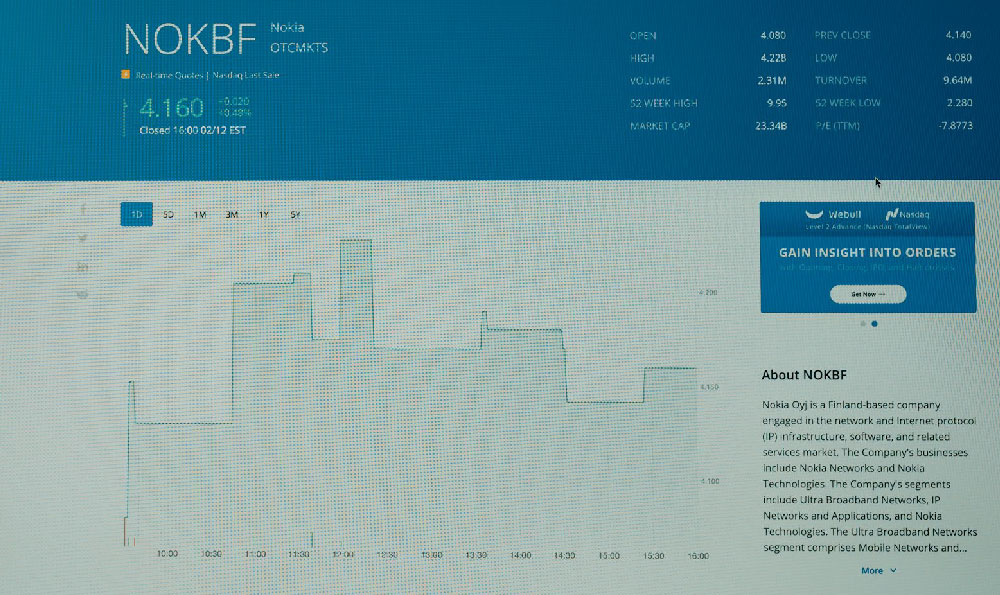How to Sell Photos Online? & Can You Really Make Money?

The digital age has democratized photography. What was once a realm reserved for professionals with expensive equipment is now accessible to anyone with a smartphone. This explosion in photographic accessibility has, in turn, created a vibrant market for selling photos online. However, the question remains: can you really make money selling photos online, and if so, how? The answer is a nuanced one, demanding a realistic perspective, strategic thinking, and a willingness to adapt to a constantly evolving landscape.
The potential for earning money from your photos online is certainly present. Numerous platforms exist catering to diverse needs, from stock photography giants to niche marketplaces targeting specific aesthetics or subject matter. These platforms act as intermediaries, connecting photographers with potential buyers, be they businesses, bloggers, designers, or individuals seeking imagery for personal or commercial use.
The amount of money you can make, however, is heavily dependent on several factors. Let's dissect some of these:

Image Quality and Subject Matter: This is fundamental. High-quality images are non-negotiable. Buyers are looking for crisp, well-composed photographs with excellent lighting and minimal noise. The subject matter also plays a critical role. While artistic or abstract images can find an audience, commercially viable photos often focus on popular themes like business, travel, food, people (especially diverse representation), and everyday objects. Identifying trends and anticipating demand can significantly boost your sales potential. Think about what businesses are likely to need imagery for – website banners, social media posts, marketing materials – and tailor your photography accordingly. For example, during the pandemic, images of people working from home and practicing social distancing were highly sought after.
Platform Choice and Licensing: Selecting the right platforms is crucial. Stock photography sites like Shutterstock, Adobe Stock, Getty Images (through its contributor programs), and Alamy offer broad exposure but typically have lower commission rates. Niche platforms, focusing on specific subjects or aesthetics, may offer higher commission rates but require more targeted marketing efforts. Understanding the different licensing options is equally important. Royalty-free licenses grant buyers the right to use the image multiple times after a one-time payment. Rights-managed licenses restrict usage based on specific factors like duration, territory, and medium, often commanding higher prices. Creative Commons licenses allow free usage under certain conditions, which might not be suitable for income generation. Carefully read the terms and conditions of each platform before committing.
Marketing and Promotion: Simply uploading photos is not enough. You need to actively promote your work. Utilize social media platforms like Instagram, Pinterest, and Twitter to showcase your best images and drive traffic to your portfolio. Engage with potential buyers, participate in relevant online communities, and consider creating your own website to build a personal brand and control your pricing. SEO (Search Engine Optimization) is also vital. Use relevant keywords in your image titles, descriptions, and tags to improve their visibility in search results. Research the keywords that buyers are using to find images in your niche and incorporate them into your metadata.
Building a Portfolio and Consistency: A diverse and well-curated portfolio is essential for attracting buyers. Regularly upload new photos to keep your content fresh and relevant. Analyze your sales data to identify which types of images are performing well and focus on creating more of them. Consistency is key. Building a successful online photography business takes time and effort. Don't expect to get rich overnight. Focus on continuously improving your skills, expanding your portfolio, and engaging with your audience.
Legal and Financial Considerations: Understand the legal implications of selling photos online. Ensure you have the necessary model releases for any recognizable people in your images and property releases for recognizable private properties. Keep accurate records of your income and expenses for tax purposes. Consider consulting with a legal or financial professional for personalized advice.
Common Pitfalls and How to Avoid Them:
- Low-Quality Images: Avoid uploading blurry, poorly lit, or badly composed photos. Invest in good equipment (even a decent smartphone camera can suffice) and learn the basics of photography.
- Ignoring Copyright: Only upload photos that you own the copyright to. Avoid using images from the internet without permission.
- Poor Tagging and Descriptions: Inadequate tagging and descriptions will make it difficult for buyers to find your images. Use relevant keywords and write clear, concise descriptions.
- Overpricing or Underpricing: Research the market and price your images competitively.
- Lack of Marketing: Don't rely solely on the platform to promote your work. Actively market your photos through social media and other channels.
- Giving Up Too Soon: Building a successful online photography business takes time and effort. Don't get discouraged if you don't see results immediately.
Realistic Expectations and Long-Term Strategy:
While some photographers achieve significant income selling photos online, it's important to have realistic expectations. Most photographers earn a modest supplementary income. View it as a long-term investment, focusing on building a strong portfolio, establishing a loyal following, and continuously adapting to market trends. Diversifying your income streams is also a wise strategy. Consider offering additional services like photo editing, retouching, or photography workshops.
In conclusion, selling photos online can be a viable way to make money, but it requires a strategic approach, dedication, and a realistic understanding of the market. By focusing on quality, marketing, legal compliance, and continuous improvement, you can increase your chances of success and build a sustainable income stream from your photography. The key is to treat it as a business, not just a hobby.















